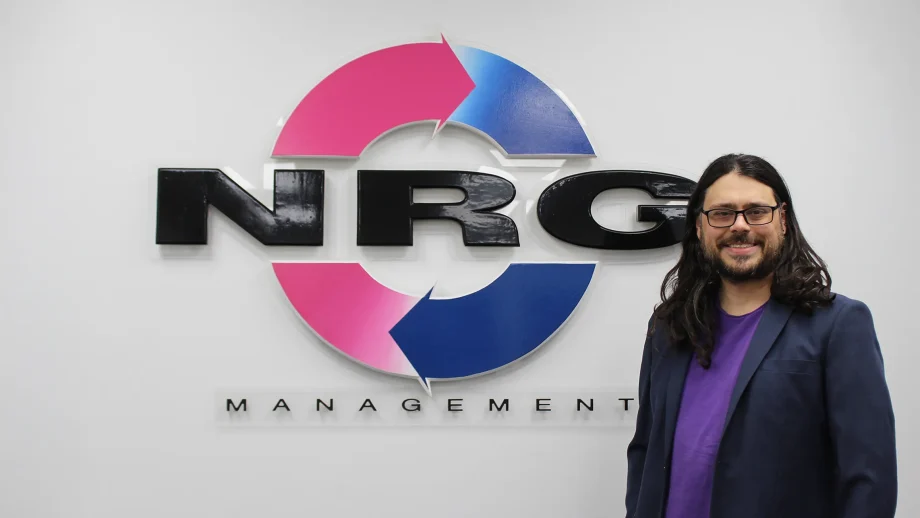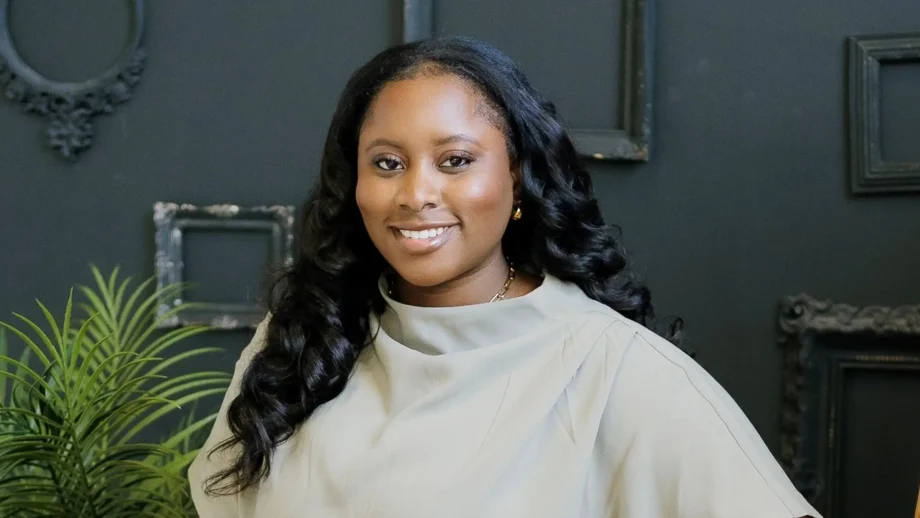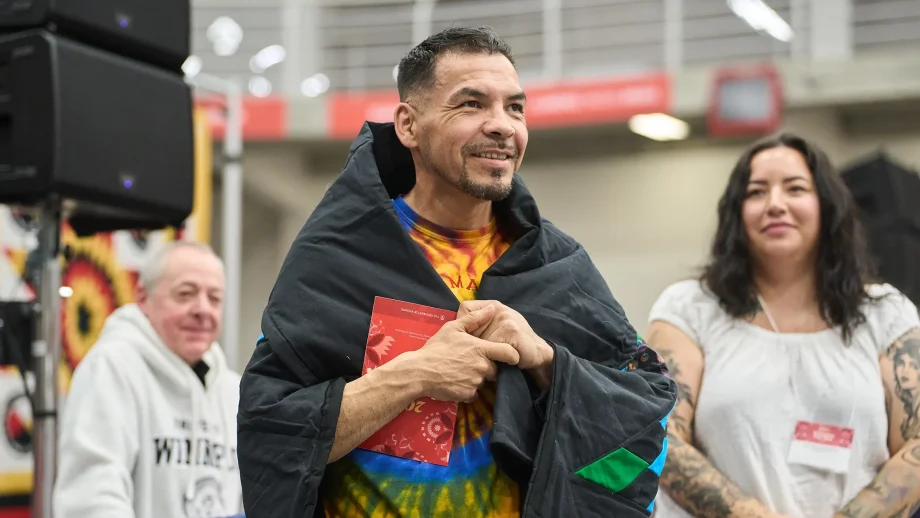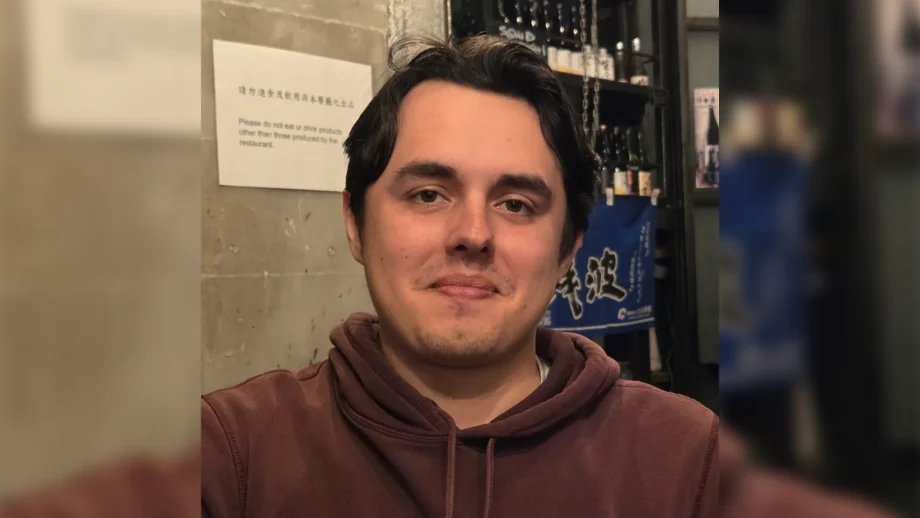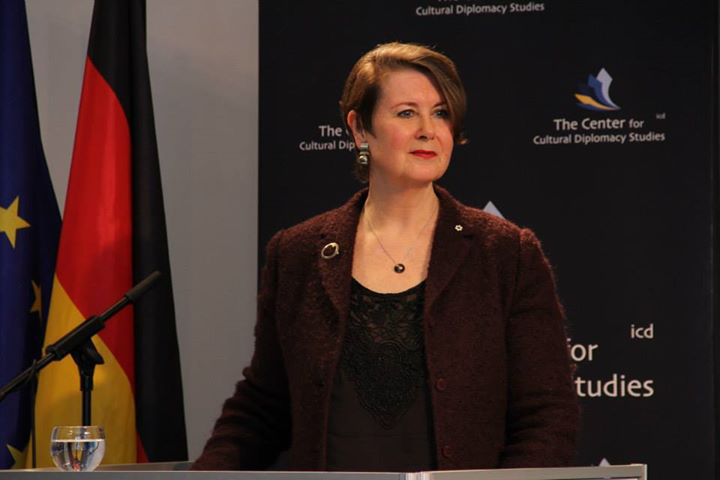
The University of The University of Winnipeg’s Marilou McPhedran is in Geneva, Switzerland to present to UN council
WINNIPEG, MB – The University of Winnipeg’s Marilou McPhedran is in Geneva, Switzerland to present at the 23rd session of the Human Rights Council of the United Nations. McPhedran was invited by the Office of the High Commissioner for Human Rights to bring a ‘civil society’ voice to the high level panel discussion on priorities for the future. She has also been asked to discuss the importance of holistic frameworks that address all forms of violence against women and girls, including the need for strengthened synergies at the international level to achieve greater effectiveness and accountability.
In contrast to the UN Security Council in New York, the Human Rights Council is based in Geneva and is the inter-governmental body within the United Nations system responsible for strengthening the promotion and protection of human rights around the globe. Made up of 47 United Nations Member States elected by the UN General Assembly, the Human Rights Council (HRC) was established in 2006. The HRC has dedicated June 5th as its Annual Full-Day Discussion on Women’s Human Rights, to be moderated by UN Special Rapporteur on violence against women, Rashida Manjoo of South Africa.
Manjoo recently stated: “Whether labelled murder, homicide, femicide, feminicide, or ‘honour’ killings, these manifestations of violence are culturally and socially embedded, and continue to be accepted, tolerated or justified — with impunity as the norm…experienced in a continuum of violence.”
Following her term as principal of The University of Winnipeg Global College, McPhedran was seconded in 2012 by UWinnipeg President Lloyd Axworthy to take the role of Human Rights Fellow in the UNFPA-Geneva Office. She is the only Canadian invited to be a panellist on June 5th, and will present at the session Setting Priorities for the Future: Strengthening the Work of the Human Rights Council and other Inter-governmental Bodies and Processes in the area of violence against women.
“My focus is on the urgent need for integration of human security and human rights in active implementation of women’s human rights,” said McPhedran. “Also needed is a much greater appreciative inclusion of civil society actors — such as universities, NGOs and corporate leaders — in UN strategies to counter the global pandemic of violence against women and girls, with Canada as no exception.”
McPhedran will be returning to teach human rights at UWinnipeg’s Global College. In August, she will teach the intensive pilot course “Adventures in Global Citizenship”, in collaboration with the Canadian Museum for Human Rights and Rotary’s World Peace Partners.

